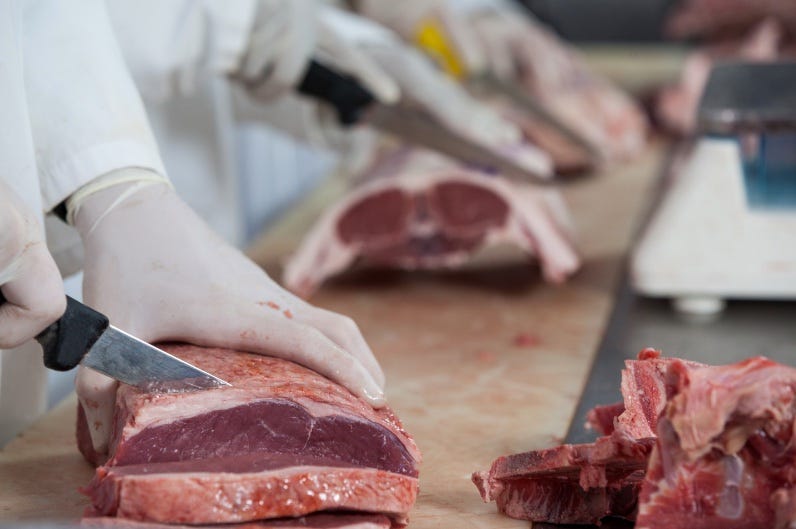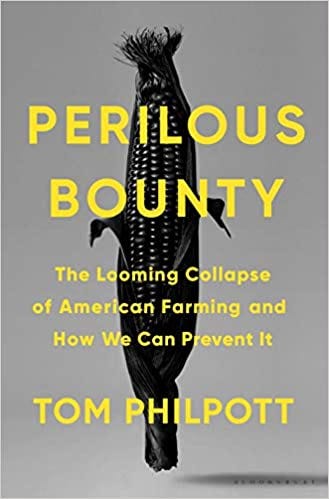HHS and USDA officials announced a new memorandum of understanding last week, giving the USDA broader regulatory oversight of genetically engineered animals for agricultural use. While USDA and FDA had been negotiating for the agriculture agency to take over low-risk and medium-risk bioengineered traits for some time, the final memorandum made no such risk distinction, prompting now-former FDA Commissioner Stephen Hahn to balk, tweeting angrily that no one from his agency had signed off. Because the MOU didn’t go through proper channels in the end, it may not even be valid.
We’ll soon see more reporting on the consequences of this turf war but something else caught my eye. Politico reported that "the livestock industry and other big businesses" were behind the last minute MOU, rushing to get ahead of the transition to a more pro-regulation Biden administration.
I wonder if that’s really true. At first glance, sure, farmers and food producers always want fewer regulatory hurdles, but I’m not so sure the entire livestock industry, even the ‘Big Ag’ side, wants to see bioengineered animals in the marketplace.
In the battle between the livestock and plant-based industries, livestock groups have long been pushing the message that meat and milk are the real and more natural option. Meat’s naturalness distinguishes it from plant-based substitutes like the Impossible Burger because it’s made with genetically engineered yeast, they argue. Others are made with a long list of ingredients, whereas beef is just beef, although I’m pretty sure hot dogs and bacon do not spring forth from the animal whole.
Fake meat. High tech. Heavily processed.
In the future, if and when meat and milk from bioengineered animals hit grocery stores, ranchers and farmers might have to give up the myth that the foods they produce are entirely “natural.” Because the messy reality is that most of the food we consume is some combination of natural ingredients and unnatural intervention.
This isn’t a new argument, of course. If you haven’t yet read Alan Levinovitz’s book Natural, get to it. It explores, interrogates and deconstructs “nature” in exquisite detail.
The entire food industry—plant-based and animal-based—knows that consumers can sometimes still feel squeamish about genetically engineered food. Both the wheat and citrus sectors were torn on using transgenic technology to withstand plant diseases, for example. It’s also why the food industry continues to rely on what they can market as "clean," "natural" and non-GMO, no matter how vague and useless these terms are.
So while I’m sure part of the “industry” favors a more streamlined regulatory approval process for genetically engineered animals, I don’t think everyone who works with livestock is in agreement.
What I’m reading
Tom Philpott’s Perilous Bounty.
Stay tuned for my upcoming interview with Tom that will run on the New Books Network Animal Studies channel.
What I’m watching
This technique for crispy tofu has changed my life.
What I’m listening to
The How to Save a Planet podcast, latest episode looks at recycling.






